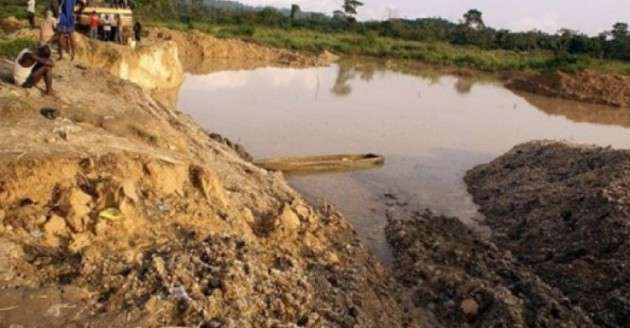The Oakland Institute has unveiled the devastating impact of large-scale agricultural plantations on the right to water on the continent of Africa.
According to the report, Oakland sounded an alarm on corporate water grab and called for urgent action. Since the 2007-2008 food crisis, Africa has been the primary destination of private international investors for large-scale agriculture schemes. Also, according to the report: ‘Drying Out African Lands: Expansion of Large-Scale Agriculture Threatens Access to Water in Africa‘, governments have justified granting access to land and water to investors to meet the needs of development and food security.
“All over the continent of Africa, local communities have been opposing the theft of their land and water to large-scale agricultural projects. Whereas governments justify granting access to land and water to private investors to ensure development and food security, the case studies examined in the report reveal that the impact of projects is just the opposite. Africa has a wealth of natural resources that should be the basis for human development and food security. However, these resources are being used to only contribute to more hungry and dispossession. The so-described untapped potential for irrigation of crops is being put to use by and for private interests at the expense of the local communities demonstrates the fallacy of the development paradigm adopted by governments and international institutions.”
Excerpt from Report

It is noted in the report that agricultural projects have often led to the loss of streams and swamps and have destroyed established plantations. According to the report, the intensive use of chemicals and pesticides have polluted water sources and led to the loss of drinking water, crops, fish, and pastures. This disproportionately impacts women, who also bear the burden of collecting water.
“For the plantations, investors typically want reliable access to water sources,” said Frédéric Mousseau, report author, and Oakland Institute’s Policy Director. “While they enjoy extensive freedom to use the land along with unlimited, cheap, or free access to water, their promises of development, infrastructure, and services to the communities have failed to materialize,” Mousseau added.
It was indicated in the report that the lack of irrigation in Africa is flagged as a significant factor hampering agricultural production and food security.
“When irrigation infrastructure is established, however, it benefits private firms for large-scale agriculture; often for export crops instead of local farmers and communities. People living in arid and semi-arid lands are severely impacted by large-scale irrigation projects that reduce available pastures and prevent flood recession agriculture. At the same time, fences and canals cut through traditional routes of people and livestock.”
Excerpt from the Report
The report sounded the alarm on the dire threat these large-scale agriculture projects pose to the water usage rights that farmers, fishers, and pastoralists have informally held for centuries and emphasized that access to water is a basic human right that has to be preserved and prioritized over granting resources to corporations that have a long track record of social and environmental devastation.
READ ALSO: “Keep Being Selective and Unfair”- Abeiku Santana Chides VGMA Board





















